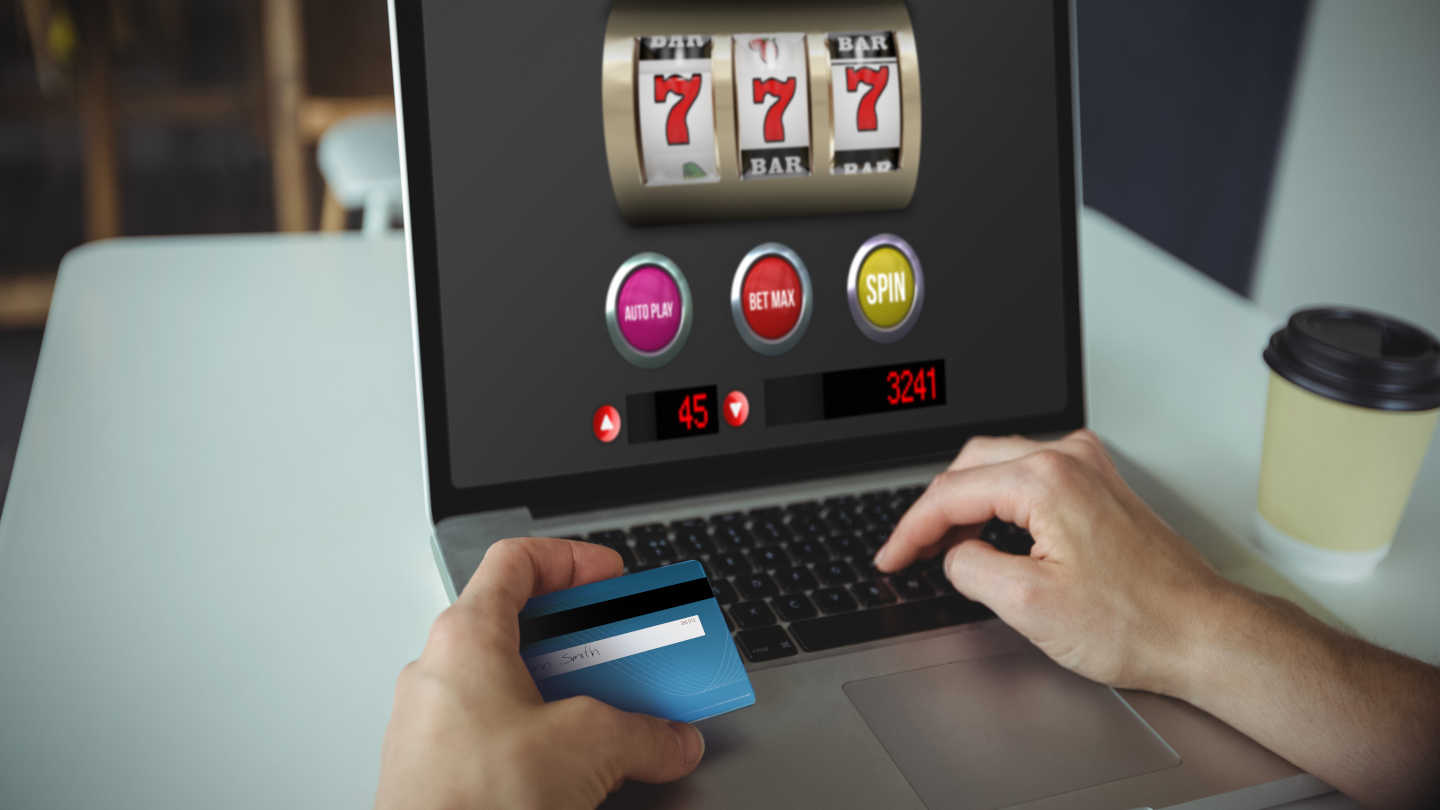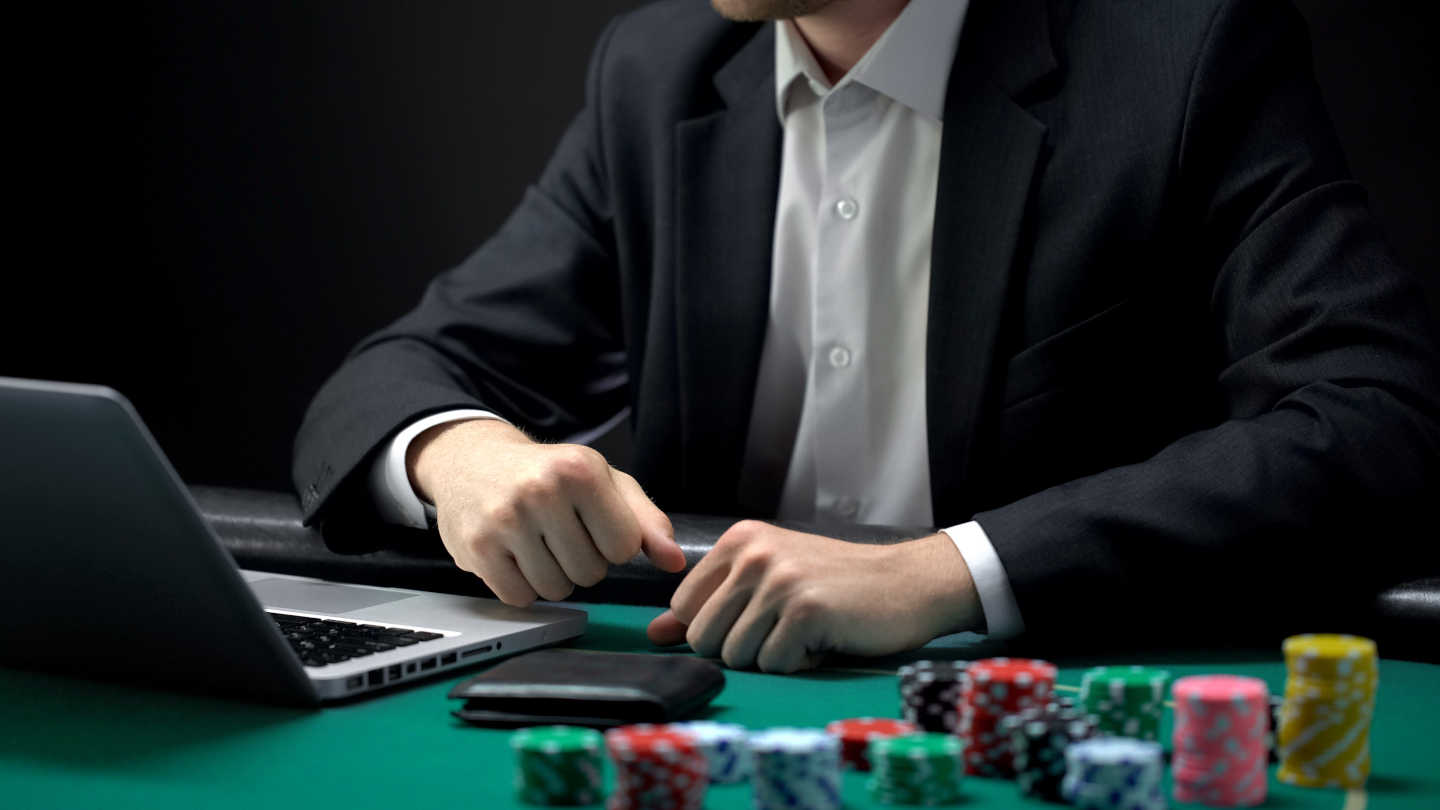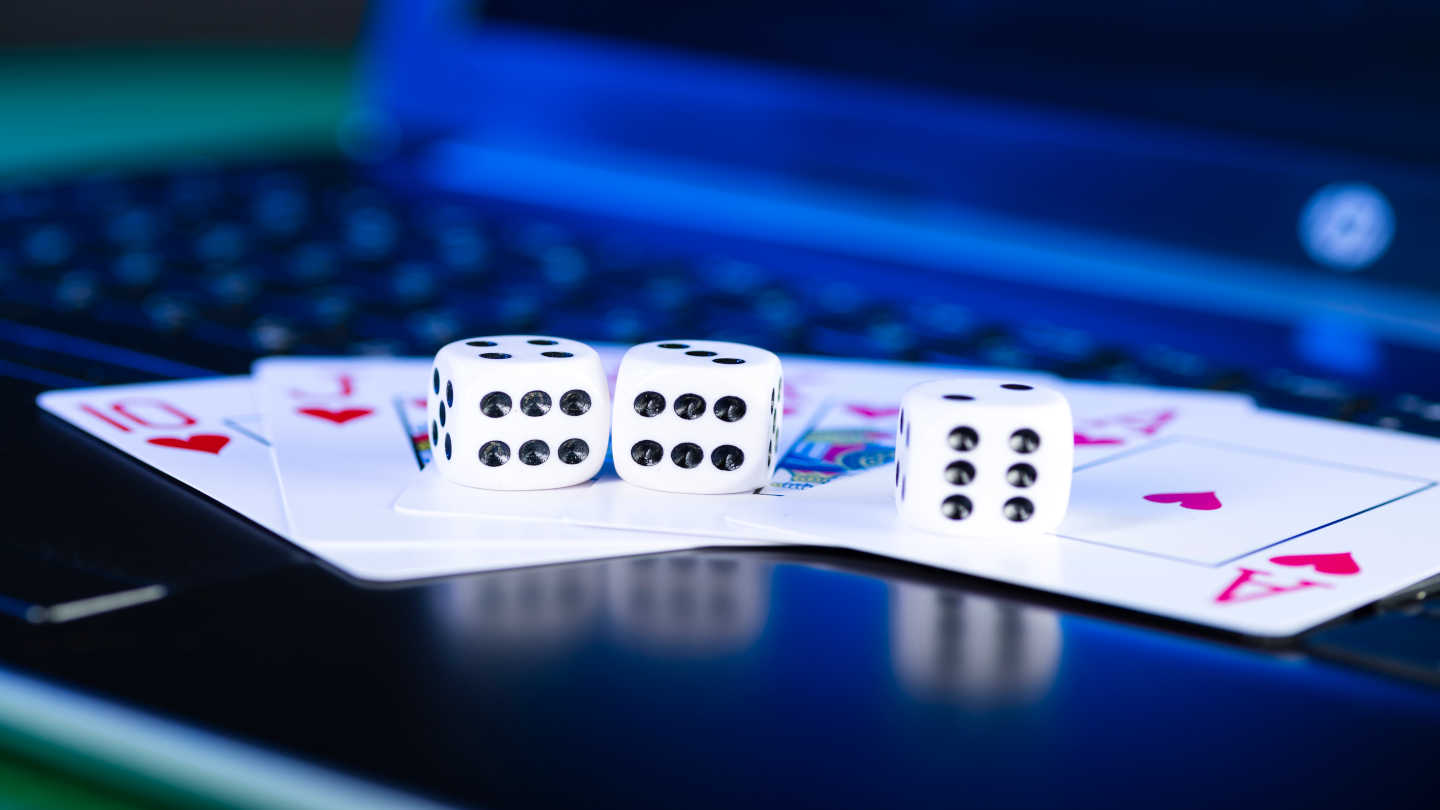Blackjack Surrender Rules – Should You Ever Use This Play?
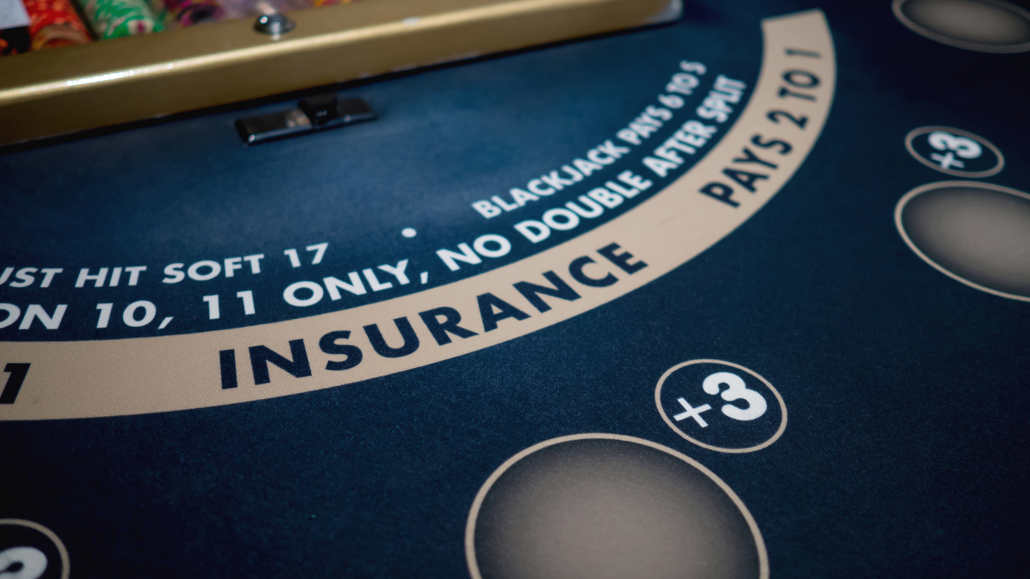
7 minutes
Last Updated: November 6, 2021
For most players, blackjack seems like a very simple game. You get dealt two cards; you draw and try to come as close to 21 as you can, or you bust the hand. It’s that simple!
The reality is that blackjack is much more complicated than this, and if you want to get any kind of decent results in it, you need to learn all the rules and finesses.
One of the key rules that many players don’t understand is the blackjack surrender rule, which can be used in many versions of the game in different ways.
So what is surrender in blackjack, and when should you use it? I have looked into all the possible scenarios in which surrender is possible, and I have compiled this guide to teach you how to properly use this option the next time you play the game.
Remember, using blackjack surrender the right way will decrease the house edge and give you better chances of winning in the long run. For that reason, you need to make sure to read closely and remember when surrendering is your best option.
What is Surrender in Blackjack?
So before we go into specific blackjack surrender rules, let’s talk about what surrender in blackjack actually means and why you should ever use it.
The surrender option is available before you draw any cards and before any other action is made. You look at your cards and the dealer's up card. If you want, you can surrender your hand.
If you do use the surrender option, one-half of your bet will be returned to you, while the house will take the other half. Your hand will be dead!
This may not sound like a great deal, considering you could just stand and see what happens. However, there are some scenarios in blackjack where you are more likely to lose than win, making the surrender option a better one.
The right time to surrender in blackjack depends on how many card decks are in play and what the actual rules are. I will go over the two main types of surrender rules, when you should use them, and how exactly they work.

Early Surrender in Blackjack
The blackjack surrender rules at some tables allow players to take advantage of the so-called early surrender.
Early surrender means you can give up your hand right after being dealt before the dealer has a chance to peak down at their cards and check for blackjack.
This can be greatly advantageous in some scenarios where the dealer will either have a blackjack or will still beat you more often than not even if they don't, such as when they are showing an ace or a ten.
Here are a few scenarios in which you should take the early surrender option:
- If the dealer has an ace and you have a hard 5, 6, or 7
- If the dealer has an ace and you have a hard 12, 13, 14, 15, 16, or 17
- If the dealer has an ace and you have a pair of 3s, 6s, 7s, or 8s
- If the dealer has a ten and you have a hard 14, 15, or 16
- If the dealer has a ten and you have a pair of 7s or 8s
Using these exact strategies in a multi-deck blackjack will get you the best results. If you are playing with just one deck, don't surrender to the dealer's 10 if you have exactly 10+4 of 5+9.
In all other cases, you should proceed as normal if the early surrender is available. Let the dealer check for blackjack and play according to the optimal blackjack strategy if they don’t have it.
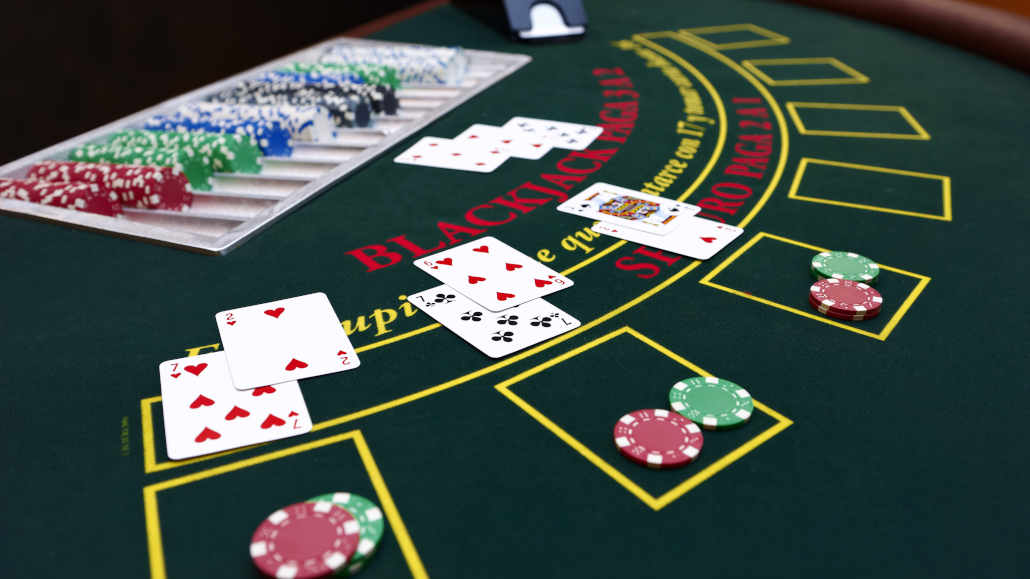
Late Surrender in Blackjack
While early surrender is sometimes available in blackjack games, in most cases, you will only be able to surrender after the dealer checks for blackjack. This is called late surrender.
Late surrender in blackjack is available in most games, and you can surrender once the dealer has already peaked down at their down card.
If late surrender is your only option, you should sometimes give up if you are holding 14, 15, 16, or 17 to begin with. When you surrender will depend on the version you are playing, so here are some examples:
If you are dealt 14:
- In single deck blackjack, surrender to a dealer’s 10
- In single deck blackjack, surrender with 7+7 against the ace (if the dealer hits soft 17)
If you are dealt 15:
- In single or double deck blackjack, surrender 9+6 and 10+5 against the dealer’s ace (if the dealer hits soft 17)
- In all forms of blackjack, surrender 9+6 and 10+5 against the dealer’s 10
- In 4-8 decks blackjack, give up any 15 to dealer’s 10 and ace if the dealer hits soft 17
If you are dealt 16:
- In single or double deck blackjack, surrender to any ace or 10 the dealer is holding
- In games with more than four decks, surrender to any 9, 10, or ace
- In all blackjack games, surrender 8+8 to dealer’s ace if double after split is not allowed
If you are dealt a 17:
- In single deck blackjack, surrender 10+7 to dealer’s ace (if the dealer hits soft 17)
- In all blackjack games, surrender if the dealer is showing an ace and hits on soft 17
If you follow these simple surrender tips, you will always make the right play. Remember, there is no way to play the hand better than surrendering it in all of these scenarios.
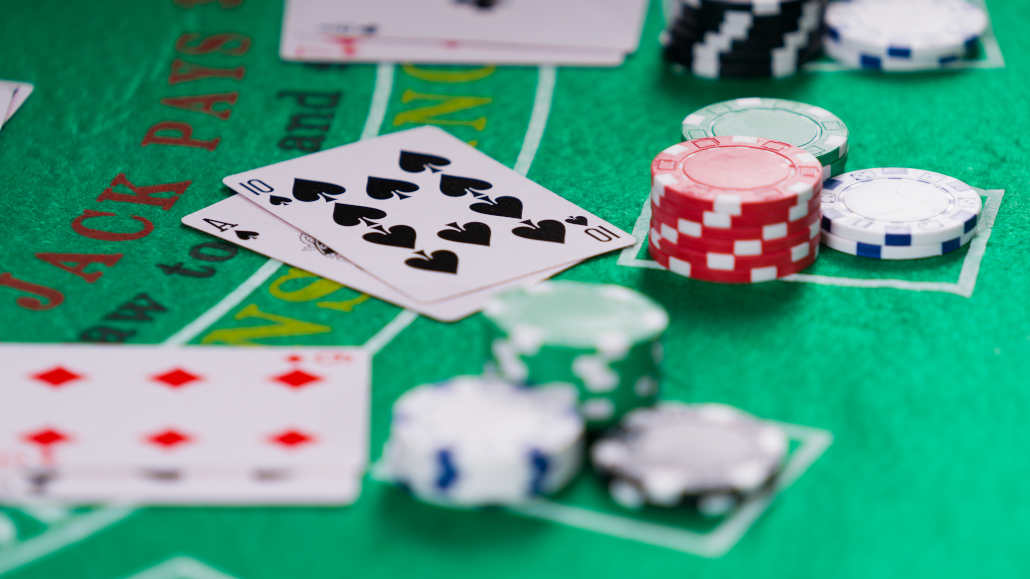
Regardless of what you may believe, you will be losing money in these scenarios, and giving up half your bet is better than losing the hand in more than 25% of the cases, which you will.
The only time these surrender rules may not apply is when you are counting cards and know that there is an extreme count in play (on either side), but this is not something most players should be concerned about.
Why We Surrender in Blackjack
You now know the basic blackjack surrender rules and when you can use them to increase your overall expected value.
But, you may still be wondering why we surrender in blackjack?! What exactly is it that makes such a play better than playing a hand down?
The reason for surrendering is that in the scenarios I described above, your hand has less than a 25% chance to beat the dealer's, regardless of how you play it.
That means that whether you stand, draw, or do anything else, you will be losing money on the hand. That’s simply how the cards were dealt.
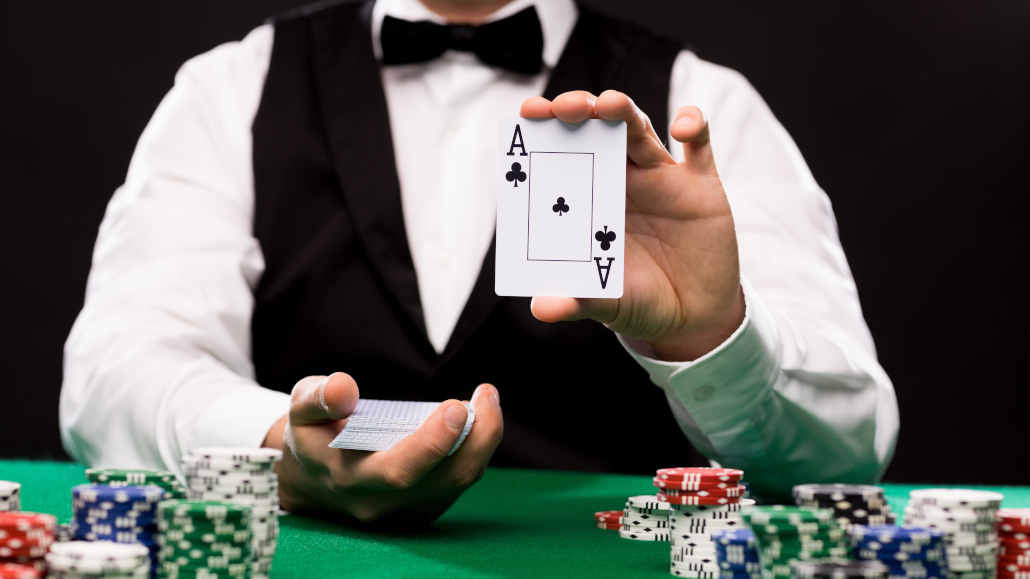
Sure enough, every now and again, the dealer will bust their hand, and you will end up winning. But this is just short-term variance, and, in the long run, you'll be losing money in these scenarios.
Blackjack is all about the long run and endurance, and if you don’t have the patience to skip these hands and get half of your bet back, you will be losing more than that by stubbornly hanging around.
Surrender Your Way to Victory
Surrendering certainly doesn't sound like a very good way to win at anything, including the game of blackjack. However, this rule was introduced for a reason and should be used accordingly.
If you are not sure when to use surrender in blackjack, this guide is a great tool to use and keep on hand when you play blackjack, especially online.
The only good way to play blackjack is to follow the basic strategy to the letter, and blackjack surrender is certainly a big part of that strategy.
Now that you have learned when to surrender in blackjack and why you can go off and start playing the game. I can promise you that your overall results will improve if you stick to these rules and never deviate from them, so give it a shot and see for yourself.








